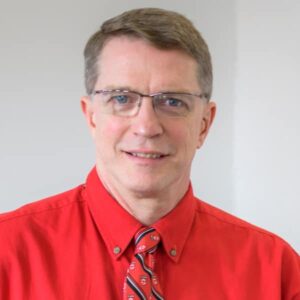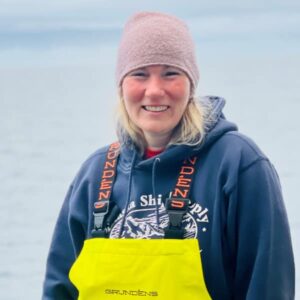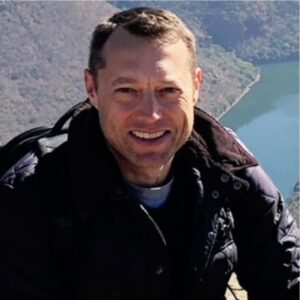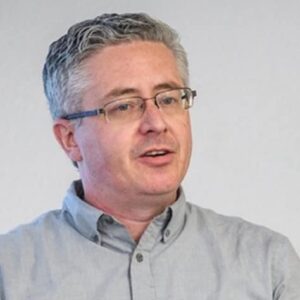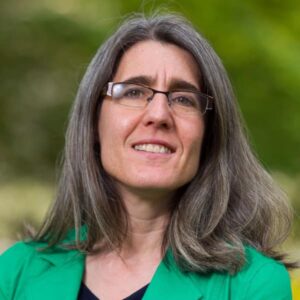Date: Friday, April 29, 2022
Time: 3:30 p.m – 4:30 p.m.
Location: Razzo Hall
Professors Pontius, Frey, and Estes discuss how they and their students are using recent advances in Geographic Information Science to gain insights into how our planet’s land and oceans are changing. Professors Martin and Rogan discuss the cutting-edge, interdisciplinary human-environment research concerning climate change adaptation in environmental justice communities throughout Massachusetts that has emerged from the HERO program, which has been in continuous operation for almost 25 years at Clark University, involving more than 150 undergraduate students.
Read a recap of the session: ‘The truth is what we see on the ground.’

